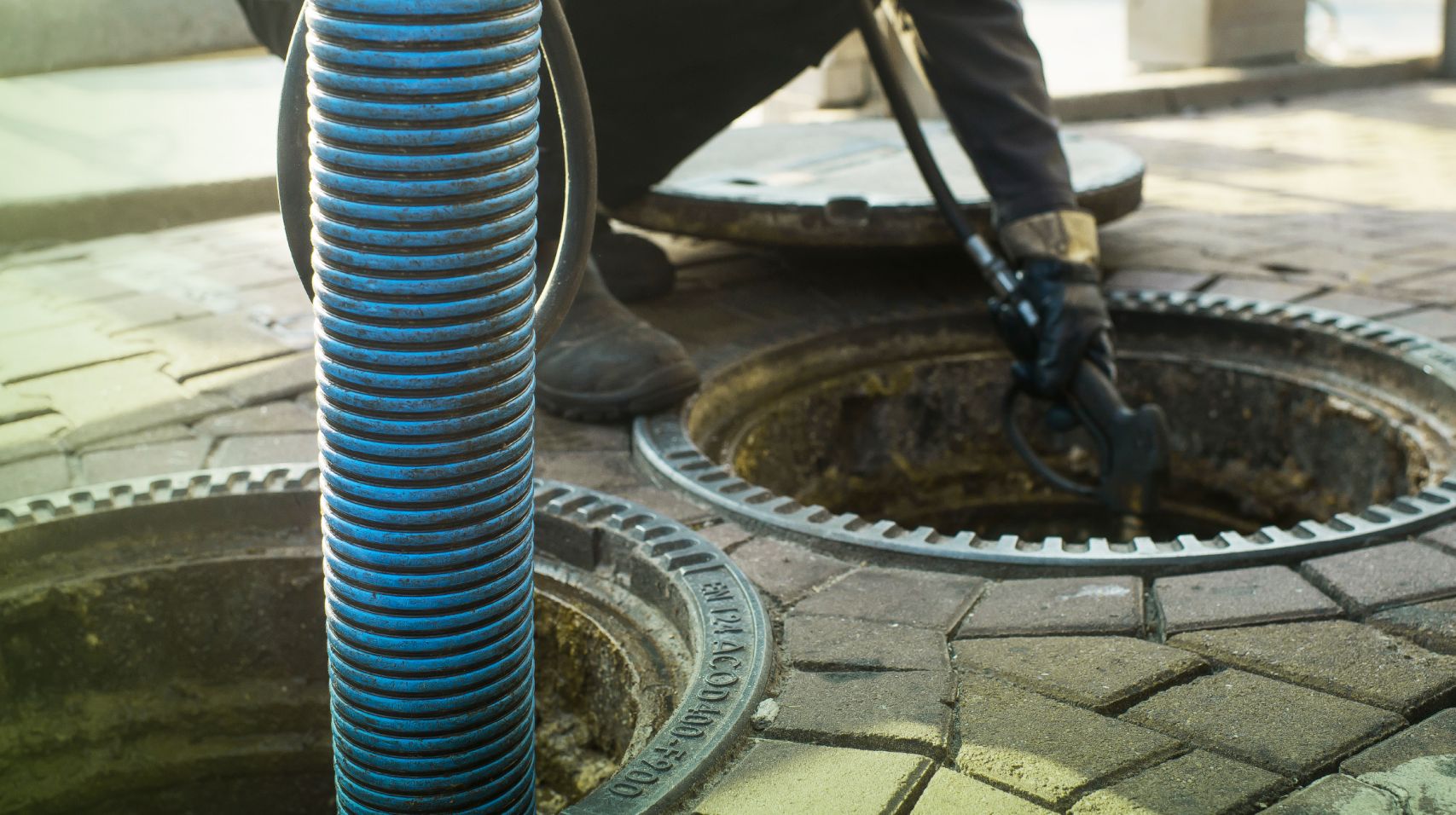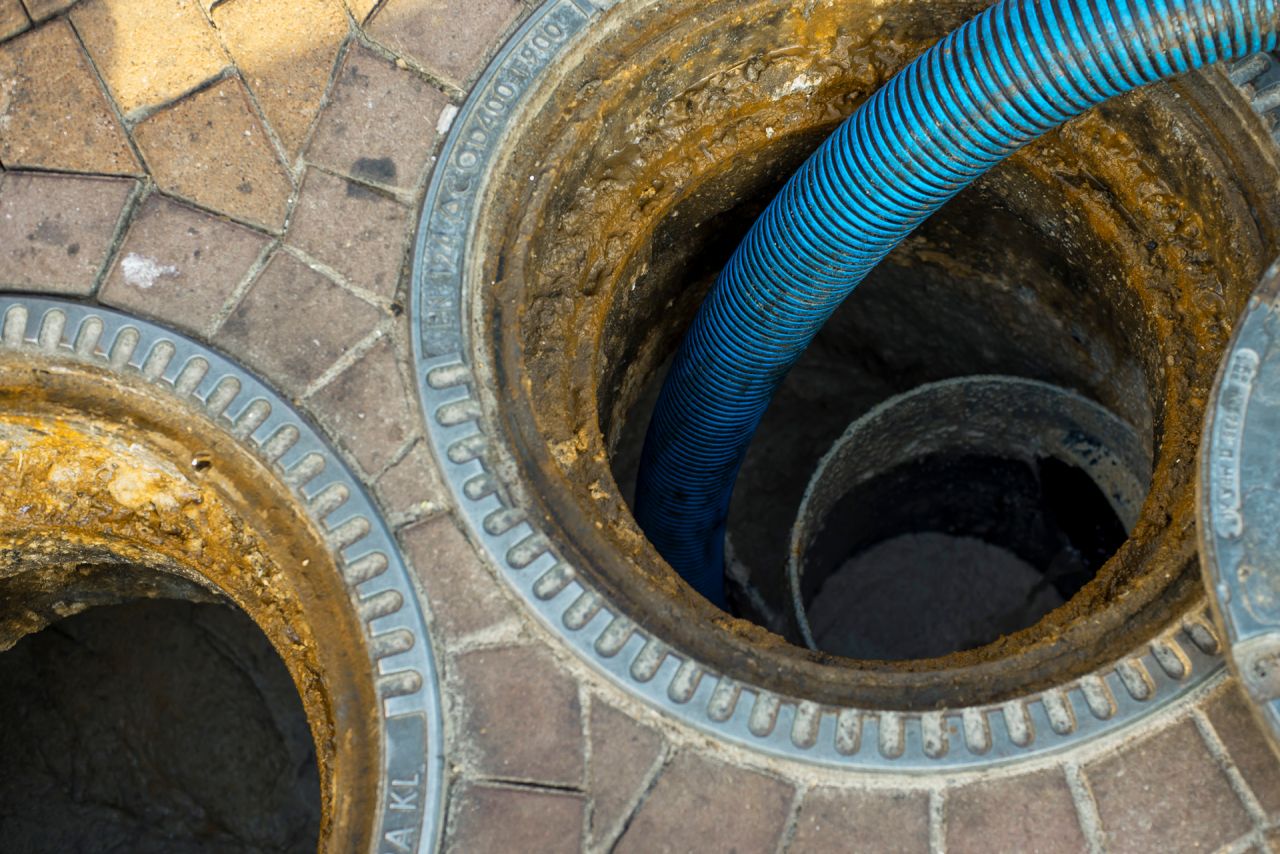
A grease separator of grease trap is mandatory for any company that discharges waste water mixed with fatty or oily substances to the sewage system. All restaurants - from fast food place to star restaurant, from take-away Chinese to subtropical swimming paradise, as well as dinner bars, fishmongers, hotels, caterers and restaurants of healthcare institutions - are required to have a fat separator between the kitchen drain and the sewer. The same goes for office buildings with their own canteen, and of course for the food processing industry, where slaughtering, frying, processing, cleaning and thus discharging contaminated water is the order of the day.

The action of a grease separator is quite simple, actually. Wastewater flows into a grease trap designed to slow down the flow. Next, gravity does its work: heavy contaminant particles sink to the bottom where they form a layer of sludge. The fatty parts, lighter then water, float to the surface where the fat will partly solidify. Between the top and bottom layers there is relatively clean waste water. You can compare it with a big pan of slowly cooked meat. If you let it cool down, you will have a layer of meat and veggies on the bottom, a layer of hardened fat on top, and a layer of liquid sauce in between. By inserting a tube in the centre of the well, only the water will be able to leave the well. Sludge and fat remain behind.
Contact
Olthuis
We’re happy to assist you
A grease trap or grease separator works completely automatic. The mechanism is simple and powered by gravity, so it can’t really go wrong. Unless of course the process is interrupted. By flushing excessive grease (such as whole frying pan) straight into the drain, you can clog up the pipes. Or else, maybe the grease separator is poorly installed or not properly connected. Or it is too old and needs to be replaced. These reasons for a malfunction are relatively rare, however. The most common problems with clogged or slow grease traps are due to emptying and cleaning too infrequently or inadequately. It’s best to leave this work to a professional, who can also tell you how often it needs to be done. Check out our Services to see what we can do for you.
Each emptying and cleaning of your grease separator comprises the following seven activities:
1
Meten van de drijf-, slib- en waterlaag in de afscheider
2
Vakkundig
leegzuigen van de afscheider
3
Schoonspuiten of ontstoppen van aan- en afvoerleidingen
4
Met een hogedrukspuit reinigen van de afscheider
5
Controleren en inspecteren van de afscheider op eventuele gebreken
6
Geconstateerde afwijkingen melden aan de klant en weergeven op kopie servicebon
7
Verwerken van het afval in onze eigen zuiverings-installatie te Dronten

Do you have just one minute to fill out this form? We’ll contact you within 24 hours (business days).
Got questions?..Mail to info@olthuisrecycling.nl or whatsapp us - (response within 24 hours)